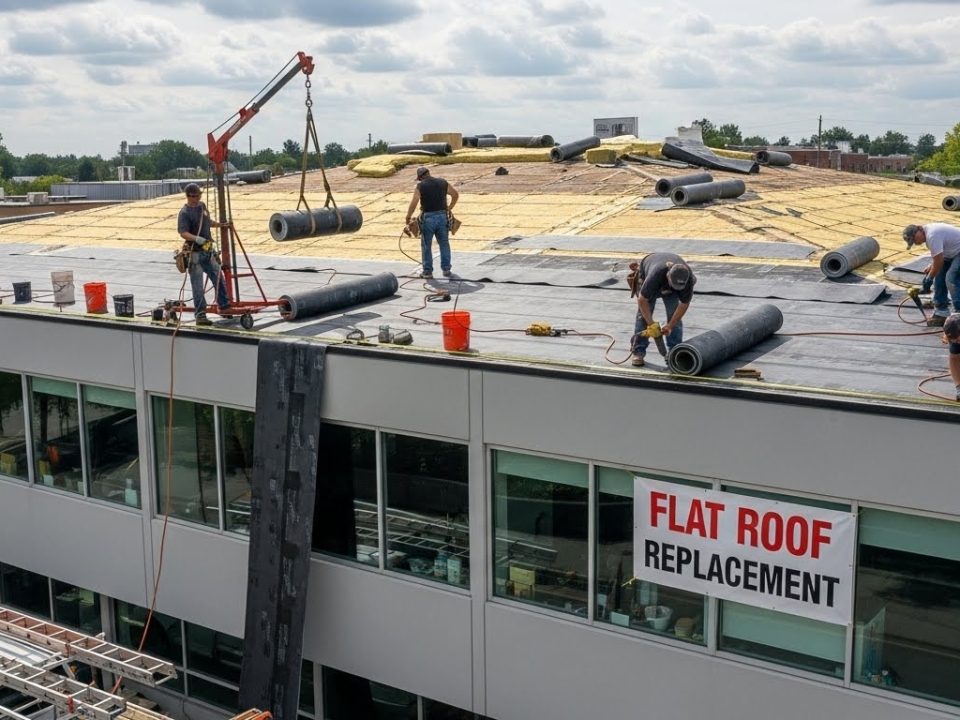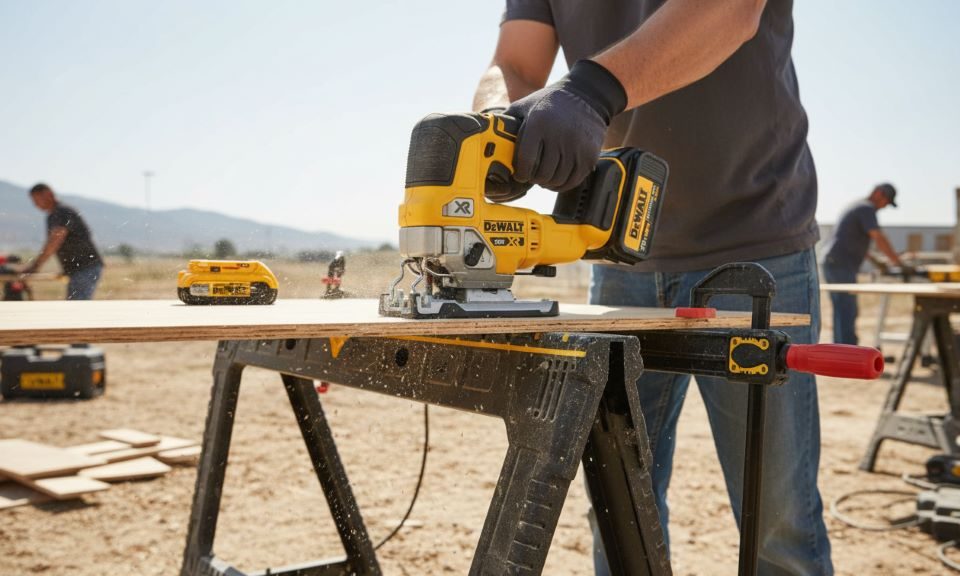Despite the development of plastic and fibreglass piping there are many applications when only metal can safely do the job. HVAC installations rely extensively on copper piping for both water and gas transportation. Copper piping has numerous advantages in air conditioning systems, not least safety but also because it is strong, easily soldered, long lasting, resistant to corrosion, economical and possesses excellent thermal conductivity. Having said that, copper on its own is not always sufficient so copper piping is also available with coatings.
Copper’s strengths and weaknesses
Copper has good resistance to corrosion but it is far from impervious. One of the main reasons for components or whole systems being written off is extensive corrosion to the pipework. It has been common practice for a long time to use coated coils in an HVAC unit because this is a hardworking component that is also very expensive (and often difficult) to replace. However, there are many other points vulnerable to corrosion, including the copper pipe connectors and other joints and elbows that can benefit from extra protection.
HVAC units are expected to function in environmental conditions that are often harsh and where corrosion is a serious threat to vital operations – such as water treatment plants, industrial premises and buildings exposed to climatic extremes. However well protected the coils might be, the unit is only as effective as its weakest element. It makes sense to use pipes that have been professionally coated by one of the companies who specialise in this area, such as Gloucester’s Watkins and Powis who have been supplying fittings to heating and HVAC engineers since 1978.

Image Credit
Which Coating?
Hundreds of clear coating products are available, incorporating a wide range of polymers and additives. They include air-drying acrylic lacquers, silicone primers with acrylic top coats, nitrocellulose lacquer and epoxy resin. Different substances will perform better in certain conditions than others and the ease of application and cost must also factor into the decision.
When weighing up the pros and cons of a new air-conditioning system you should immediately discount any unit which incorporates uncoated copper. It may appear an attractive, affordable option at the outset but you will pay for it in limited durability and higher ongoing maintenance. Repair or even replacement of an HVAC unit is neither cheap nor convenient, so always make the sensible choice.





